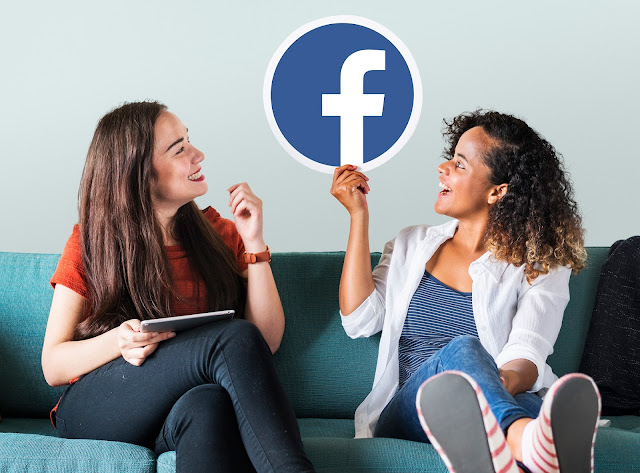I only believed Facebook was hindering my productivity once
a month of time-tracking data revealed that I spend 13 hours and 21 minutes
weekly on Facebook.
That equates to more than 40 minutes per business day
reading through the News Feed, visiting random profiles, and every new status
update.
It was also a month during which I worked daily overtime and
felt fatigued. I blamed Facebook for my finding, so I did what anyone in my
position would do: I blocked the newsfeed.
I reopened my productivity app out of curiosity because I
was working extra again last week and recalled that day almost six months ago.
This is what I learned:
Since I disabled the News Feed on my laptop, I've spent
nearly half as much time on Facebook. I've averaged 5 hours and 34 minutes each
month on Facebook during the past six months, compared to 10 to 13 hours
previously.
People Waste Countless Hours of Work Time On Social Networking.
Determine what causes the most significant time loss at
work. I am one of many who dislike social media at work.
According to data collected from over 17,000 users, social
networking is the most time-consuming work activity.
49.1% of time spent on websites unrelated to work is devoted
to social media. Next are streaming video sites: 35% of the useless time is
devoted to YouTube and Netflix (yes, it is possible to watch movies while
working!). With 3.8%, merchant sites are positioned third.
I am not surprised by the results.
Social media systems are meant to encourage more usage. Take
into account: Facebook's News Feed is infinite: as you reach the bottom of the
page, new posts load, allowing you to continue scrolling. Therefore, you are
always entertained and unaware of how much time you are losing.
10 to 13 hours each month isn't too bad, but that's hundreds
of hours per year. In addition to losing time by continually scrolling, you
also lose concentration and motivation.
Notifications from Social Media Are Incredibly Distracting
According to a study conducted by Florida State University,
receiving notifications is just as distracting as reacting to messages or phone
calls. This implies that even if you disregard the Facebook notice and continue
your task, your mind is already distracted and focused on the idea that
something is happening, and your performance diminishes.
If you are not prepared to completely block social media at
work, at least disable notifications and alerts on your laptop and phone.
Returning to work after a distraction can take up to 25 minutes. Therefore, you
lose work hours every day if you do not disable notifications.
Social Media Can Also Be Blamed for Low Motivation and Negative Mood
A research of 1,787 U.S. residents between the ages of 19
and 32 revealed a correlation between daily socialmedia use and depression. In other words, social media users feel more
hopelessness, worthlessness, and helplessness.
Employees are not happier or more productive due to viewing
well-groomed images of pals and positive status updates. Instead, they develop
unrealistic life expectations, which lead to a loss of desire, a lack of
concentration, and, eventually, low productivity.
My thesis is that social media is not simply a black hole of
wasted productivity; there are numerous additional reasons why social media is
not the best thing to happen to the modern office. While there are advantages
and disadvantages to accessing social media during work hours, the
disadvantages are far more apparent.
Instead of resisting the impulse to check every notification
and respond to every incoming message, consider blocking Facebook and other
social media sites while at work. This will make you more effective in your
career and more pleased with who you are and where you are.
And when you want to take a little vacation from your work,
keep in mind that there are better
and more productive alternatives. Or, even better, avoid spending your
break in front of a computer.




